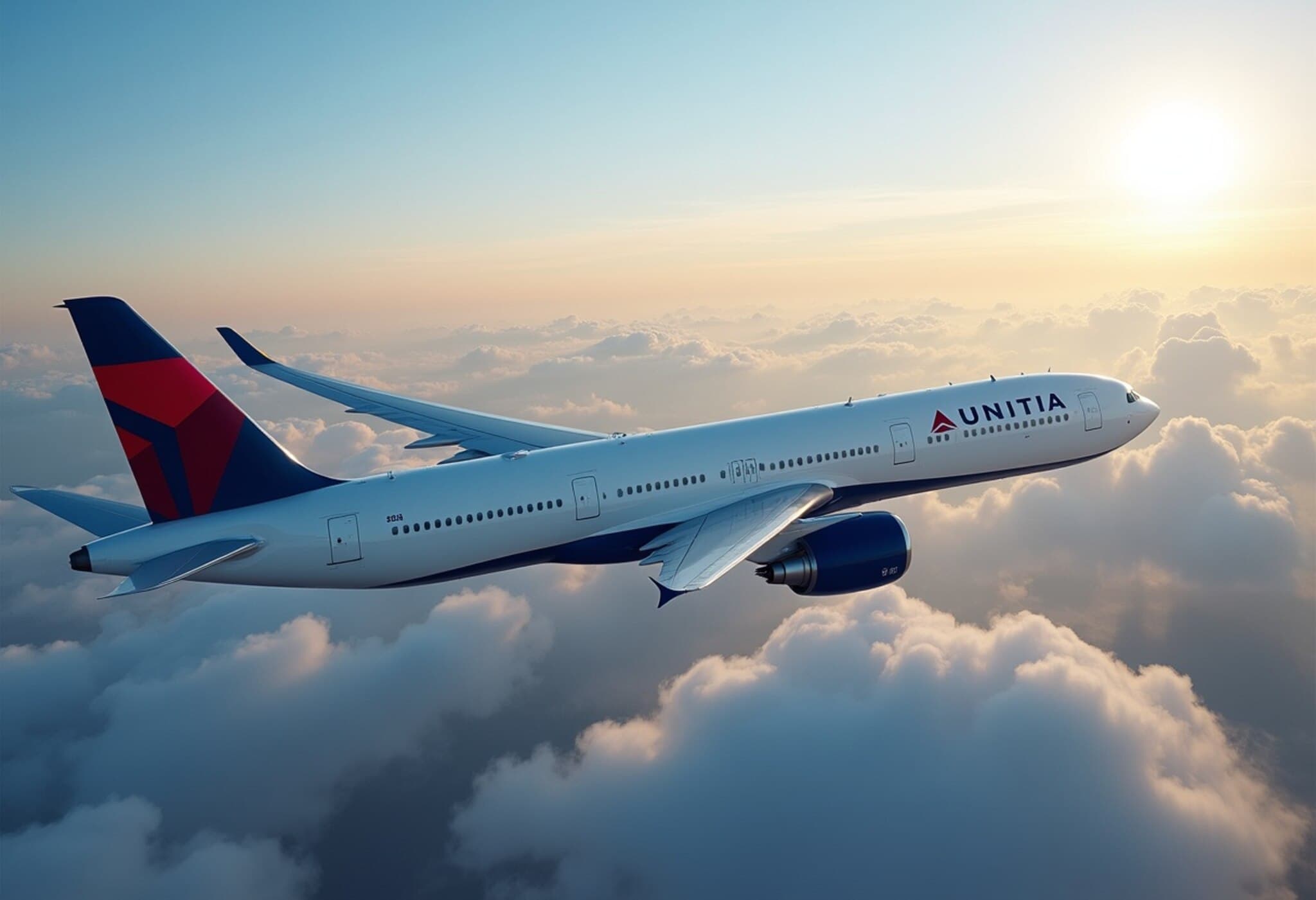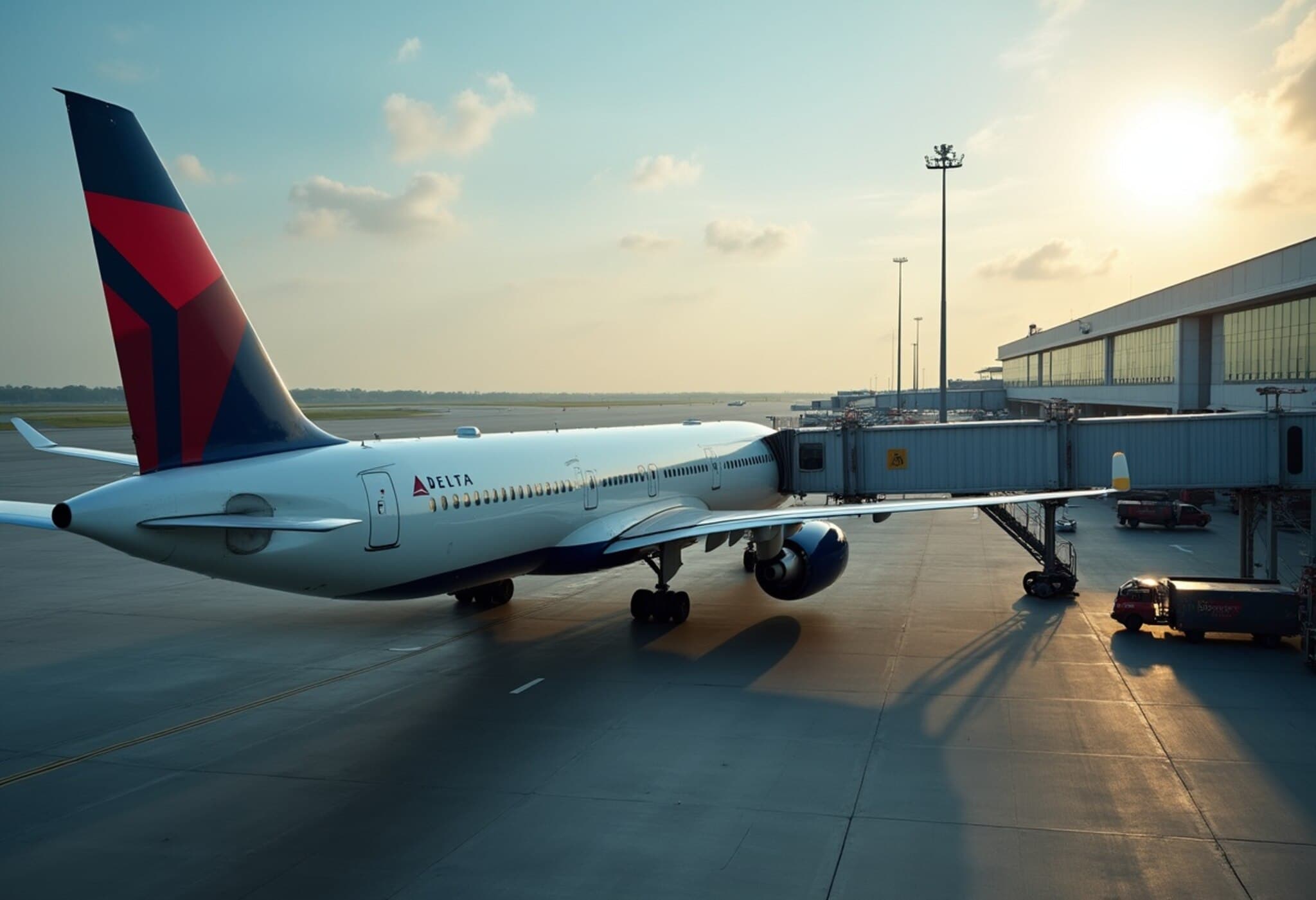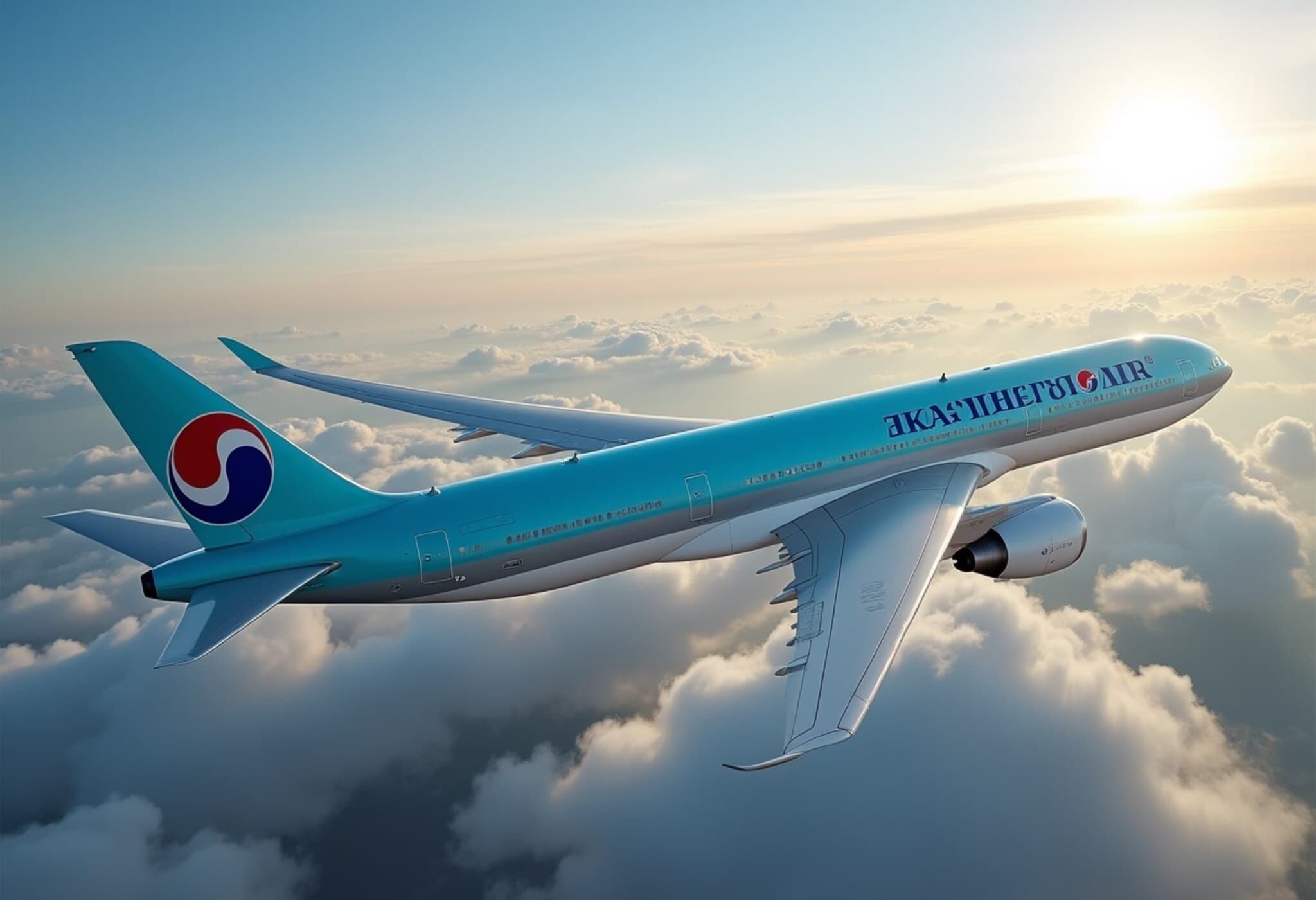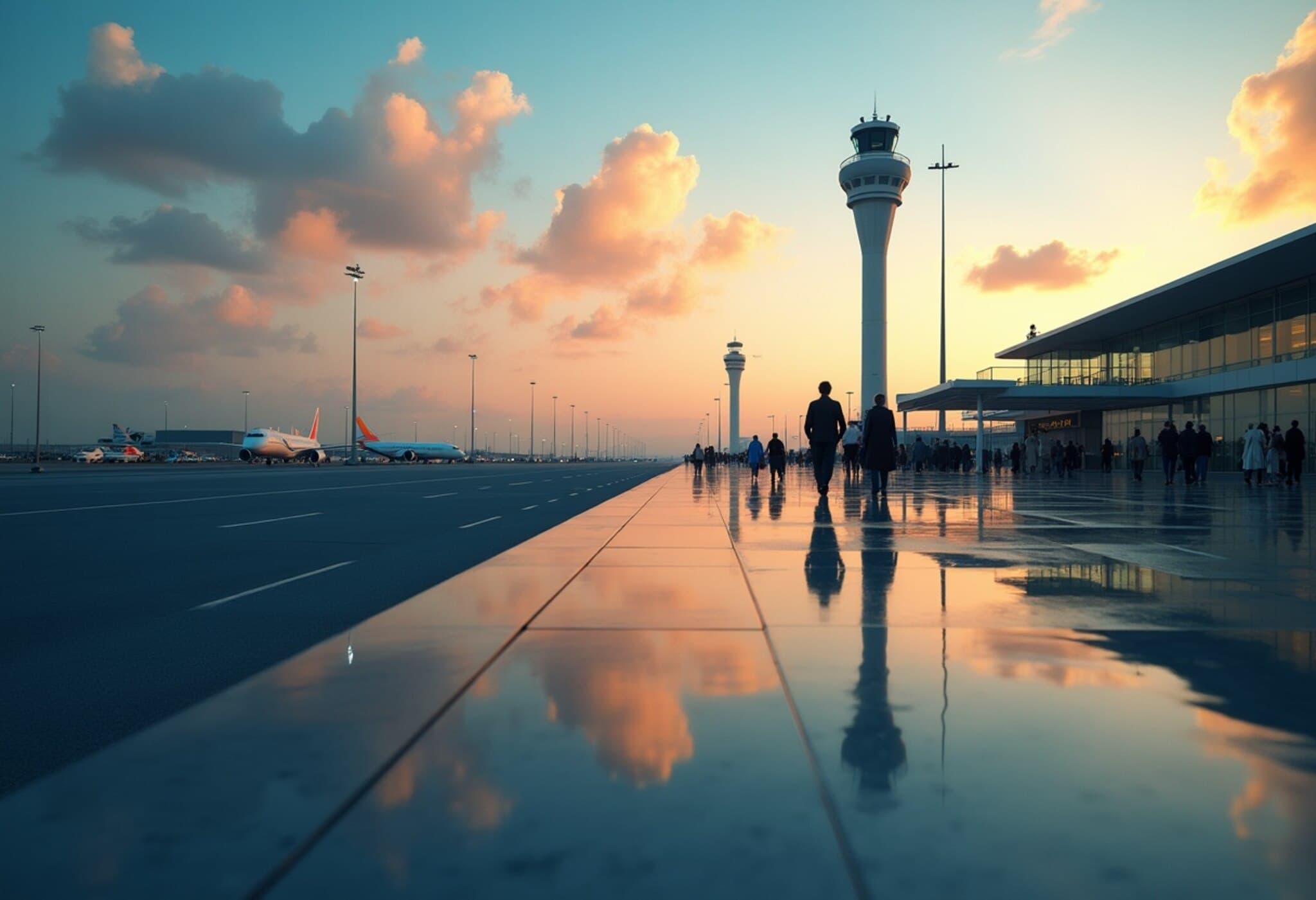Delhi Airport Secures 9th Spot Among World's Busiest Airports in 2024
In a remarkable demonstration of India's booming aviation sector, Delhi’s Indira Gandhi International Airport climbed to become the world's 9th busiest airport in 2024, according to the latest data released by Airports Council International (ACI) on July 8, 2025. The airport handled an impressive 77.8 million passengers last year — a jump from its 10th ranking in 2023 — signaling robust growth amid a recovering global travel market.
The Global Aviation Landscape in 2024
Global air travel hit unprecedented heights in 2024, with passenger numbers soaring to 9.4 billion, an 8.4% increase from the previous year, and surpassing pre-pandemic levels by 2.7%, according to ACI. The world's top 20 busiest airports together processed 1.54 billion travelers, accounting for a significant 16% share of global traffic.
Leading the pack remains Atlanta's Hartsfield-Jackson airport, the busiest in the world, facilitating over 108 million passengers in 2024. Dubai International and Dallas/Fort Worth airports secured second and third places respectively, highlighting their critical role as global and regional hubs.
Delhi’s Rise in the Global Aviation Arena
Delhi airport’s rise to the 9th position is representative of India’s growing importance in global air transport. The airport saw a total of 7,78,20,834 passengers boarding and deplaning flights, moving up from 10th place the year prior. This growth is fueled not only by domestic demand but also a sharp increase in international connectivity, reflecting India’s expanding role as a global business and tourism destination.
On the aircraft movements front, Delhi made notable gains, ranking 15th globally with 477,509 flights taking off and landing in 2024, moving up two spots from the previous year. This figure underscores the airport's growing capacity and efficiency in handling a surge of air traffic.
Insights Into the Top Performers and Regional Trends
- United States Dominance: Six U.S. airports are featured among the top 20, predominantly driven by domestic traffic. New York’s JFK is an exception, with 56% international passengers, emphasizing its global gateway status.
- Rapid Growth in Asia: Shanghai Pudong airport surged 11 spots to 10th place, illustrating the resurgence of Asian air travel markets. Other major Asian hubs like Tokyo Haneda rank 4th globally, confirming the region's strategic aviation importance.
- European and Middle East Presence: London Heathrow stands 5th in the rankings, while Istanbul occupies the 7th position, reflecting their roles as major international transit centers.
Expert Commentary: Aviation Resilience Amid Global Challenges
Justin Erbacci, Director General of ACI World, remarked, “The 2024 rankings highlight not just the scale but the incredible resilience and adaptation of the aviation industry in a complex global environment.” He pointed to the recovery after pandemic disruptions, geopolitical tensions, and economic uncertainties, underscoring how air travel is a crucial barometer of global economic health.
For policymakers and business leaders, Delhi’s ascent serves as a signal to invest further in infrastructure and regulatory reforms that can sustain this momentum. Efficient airport operations and streamlined passenger handling will be key to maintaining competitive edge, especially against rising hubs in Asia and the Middle East.
The Bigger Picture: Why Delhi’s Ranking Matters
Delhi’s elevation reflects broader socio-economic dynamics — an expanding middle class, increasing business travel, and rapidly growing tourism sectors. Improved connectivity brings vast opportunities but also challenges, including infrastructure strain, environmental sustainability, and security concerns that need balanced, forward-thinking strategies.
As international travel continues its upward trajectory, airports like Delhi’s are not just transportation nodes but economic engines and cultural crossroads. Their performance offers a snapshot of regional development patterns and global mobility trends.
Editor’s Note
Delhi's rise to the world’s ninth busiest airport encapsulates India’s accelerating integration into global air networks. While the numbers demonstrate success, they also prompt important questions about managing growth sustainably. How will Delhi and other emerging hubs balance capacity with passenger experience and ecological impact? What strategic policies can ensure that expanding aviation infrastructure benefits the economy without compromising environmental responsibilities?
As the global aviation industry strives for innovation and resilience amid unpredictability, Delhi airport’s story is a vivid example of opportunity, challenge, and dynamic transformation shaping the future of air travel.














